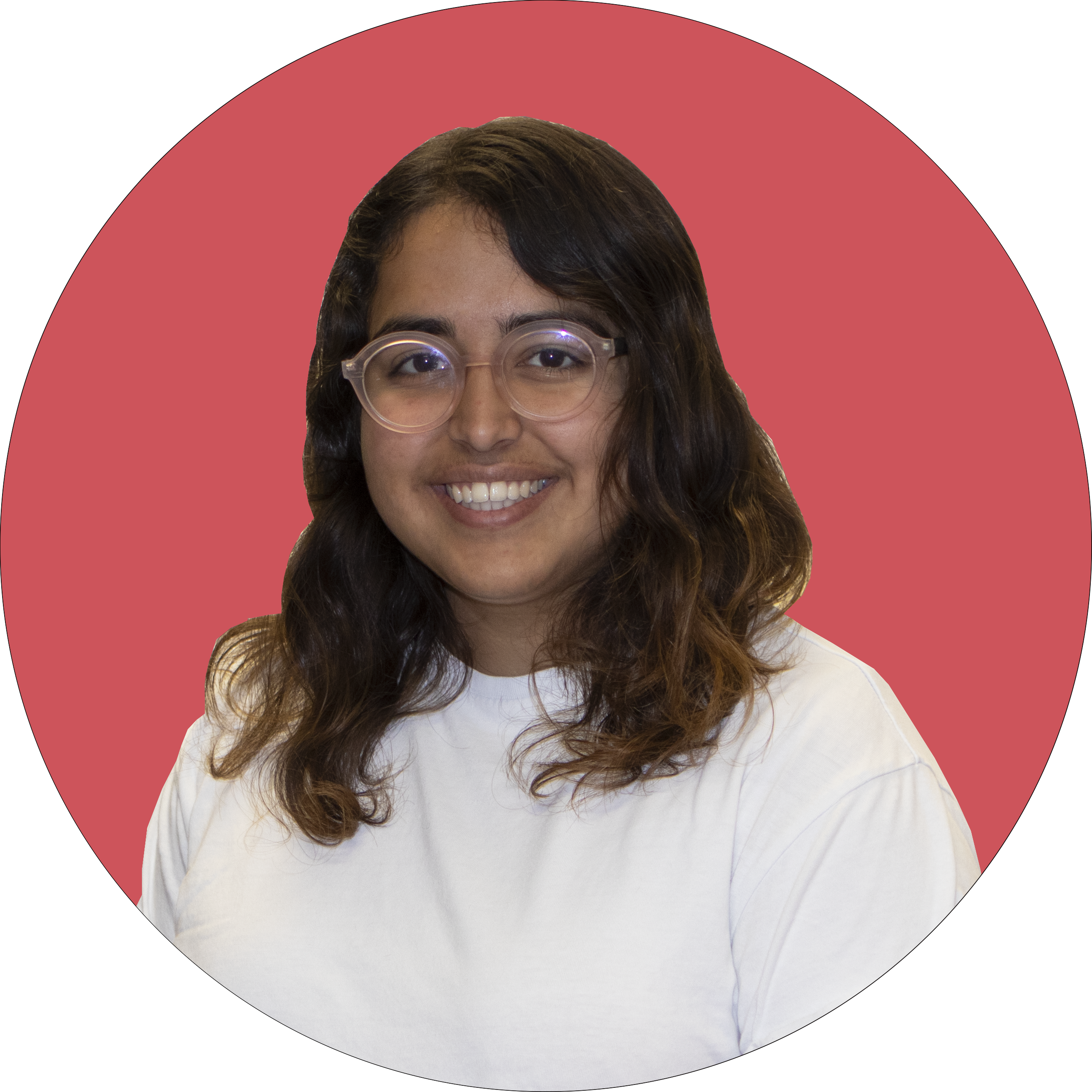Navigating a virtual first year
Struggling to connect with one another through virtual classes, first-year students found community on social media
After four months of Zoom and Microsoft Teams, McMaster University students can finally say that their first semester of online learning is behind them. Some students, however, have only ever experienced McMaster online.
Since September, first-year students at McMaster have experienced a virtual transition to university. As residence is closed for the majority of first years, most have had to meet their peers virtually. However, the opportunities for socialization are different and more limited in an online classroom setting.
Navya Sheth, a first-year arts and science student from Oakville, Ontario, reflected on her first semester. For her, the hardest part of online school was forming connections with her peers through the screen, rather than the new academic challenges.
For Navya Sheth, the hardest part of online school was forming connections with her peers through the screen.
In anticipation of the social challenges that come with an entirely remote school year, McMaster tried to foster community among first-year students by adapting orientation to fit the online environment. This orientation involved a virtual Welcome Week and a new program called Archway, which was designed to help students access resources and meet new friends.
Saumyaa Rishi, a first-year life sciences student from Ottawa, Ontario, was grateful for the effort put into Welcome Week. Nonetheless, she found it difficult to connect with other first-years in that setting.
“When you do these online [social events], there’s always a bigger group of people. It’s not like in-person where you can just talk to the person standing next to you,” Rishi said.
“When you do these online [social events], there’s always a bigger group of people. It’s not like in-person where you can just talk to the person standing next to you,” Rishi said.
Sheth expressed a similar sentiment when discussing her experiences with McMaster’s online social events, in particular, the Archway program. While she did enjoy the Zoom events hosted by the Arts and Science program, she found Archway wasn’t a conducive platform for her to make social connections.
Aniruddh Arora, a first-year international student in the computer science program, found that Archway was most beneficial at the start of the semester. “It was helpful for the first one or two weeks,” Arora noted.
“I had my own friend groups on WhatsApp and Instagram,” Arora explained.
Arora then added that he later stopped attending meetings. Not only did he no longer have time in his busy academic schedule to attend Archway meetings, he also didn’t find it necessary anymore.
“I had my own friend groups on WhatsApp and Instagram,” he explained.
Arora is not the only first-year student who has found community on social media. Over the last few months, some first-year students at McMaster have relied on social media to connect and communicate.
“When you talked to people [on social media], you knew that they were sort of going through the same thing,” said Rishi.
Rishi described social media as being a positive force in her first semester. “When you talked to people [on social media], you knew that they were sort of going through the same thing,” said Rishi.
According to Rishi, the impact of social media on her first-year experience has been far-reaching. Not only has social media been instrumental in the formation of friendships, as Rishi noted, but it has also helped first-year students to feel connected to the McMaster community in other ways.
Social media been instrumental in the formation of friendships.
Arora, who is attending McMaster from his home in Punjab, India, pointed out the academic benefits of social media on first-year students. As timezones often prevent him from being awake during the same hours as his professors, Arora has found the group chats created on various social media platforms to be a valuable academic support system.
“It really helps if you’re stuck on an assignment,” Arora explained.
As timezones often prevent him from being awake during the same hours as his professors, Arora has found the group chats created on various social media platforms to be a valuable academic support system. “It really helps if you’re stuck on an assignment,” Arora explained.
Social media has helped first-year students get involved with extracurricular activities as well. As an active member of the McMaster Moot Court, Sheth noted that she found out about the majority of extracurricular opportunities through Instagram.
On the impact that social media had on her first semester, Sheth believed Instagram links people to places where they feel connected albeit virtually. However she noted the challenges of a virtual first-year remain significant on students as some feel isolated to figure out how to adapt to online university.
“[Some] upper-years are living together in houses and can see each other, and I’m at home, trying to figure this out on my own,” Sheth said. “And I think that might be something that all first years are struggling with.”


